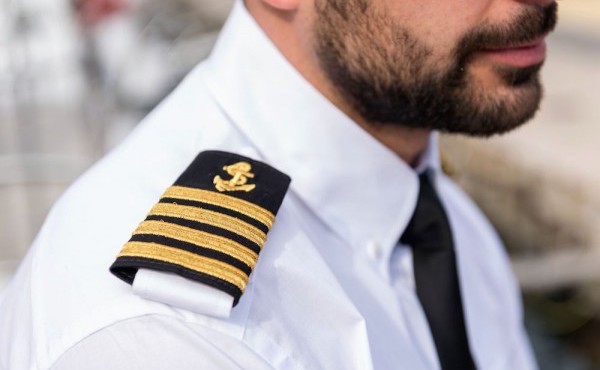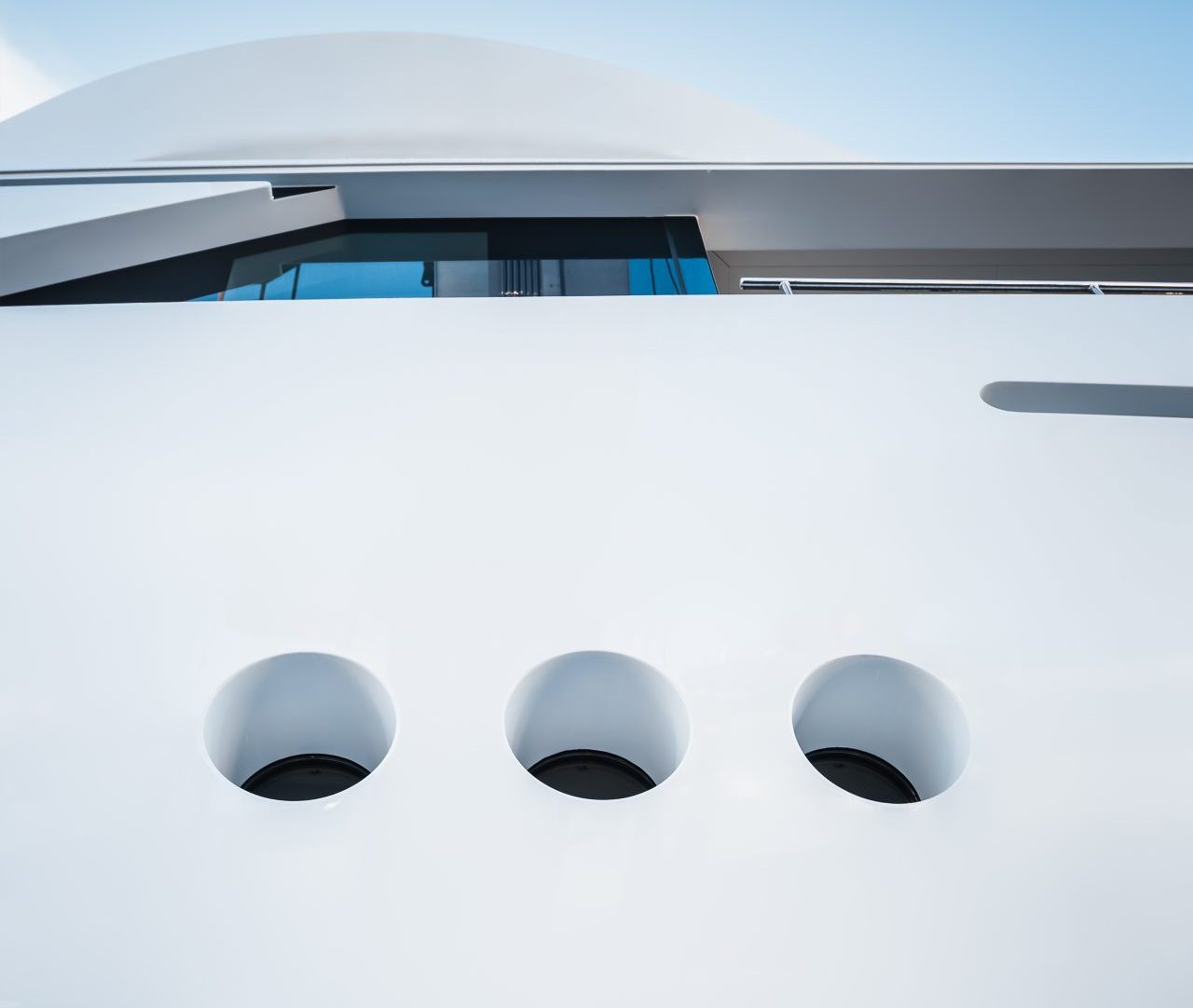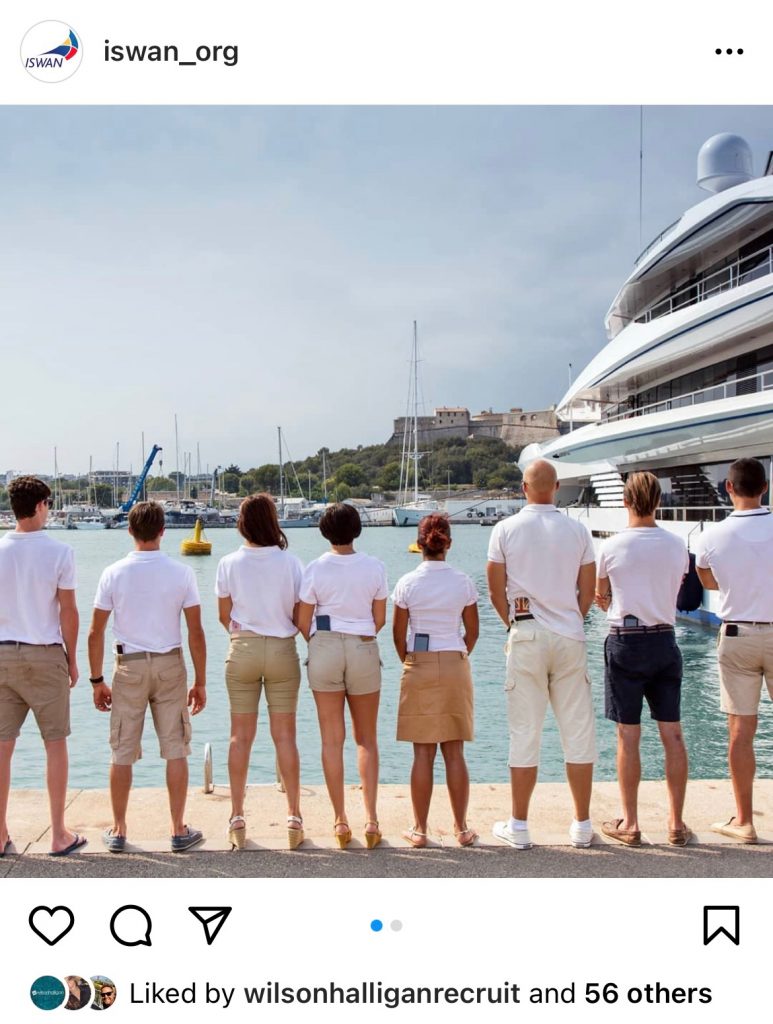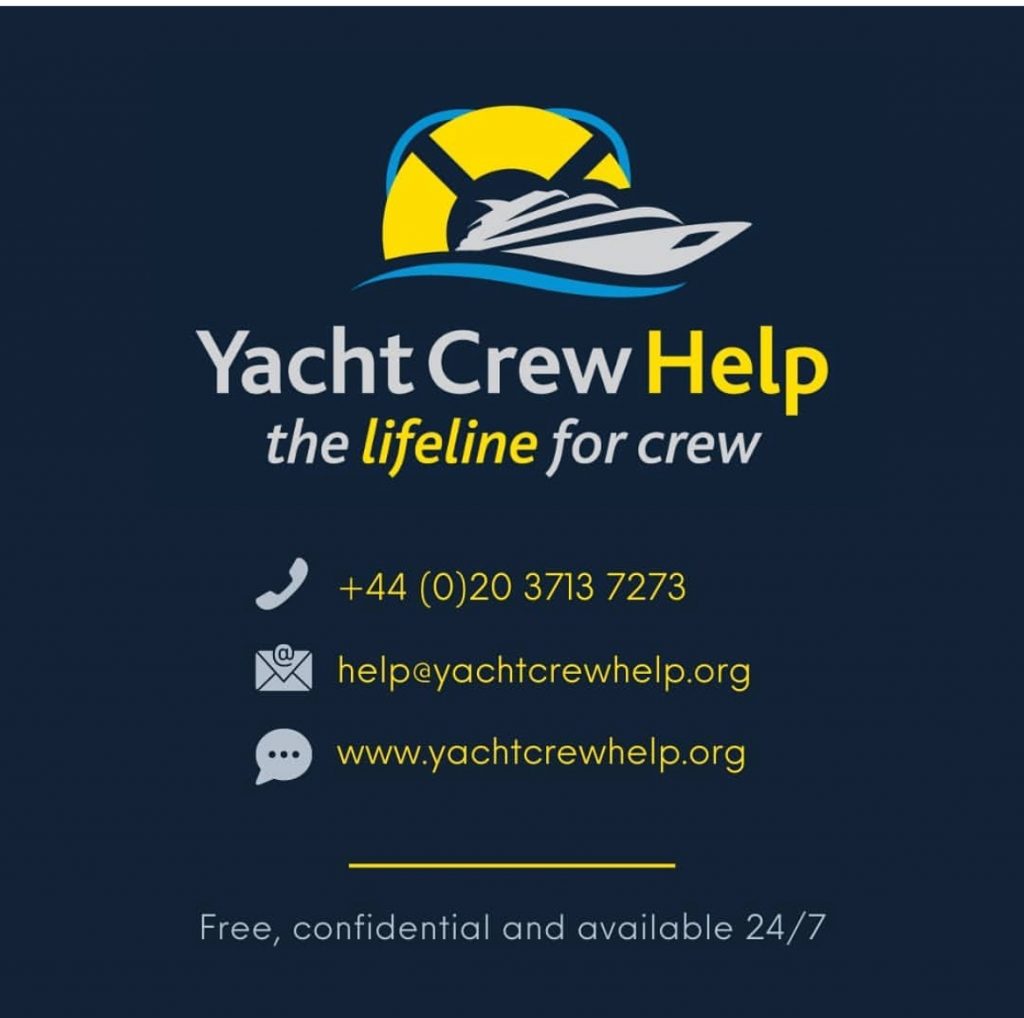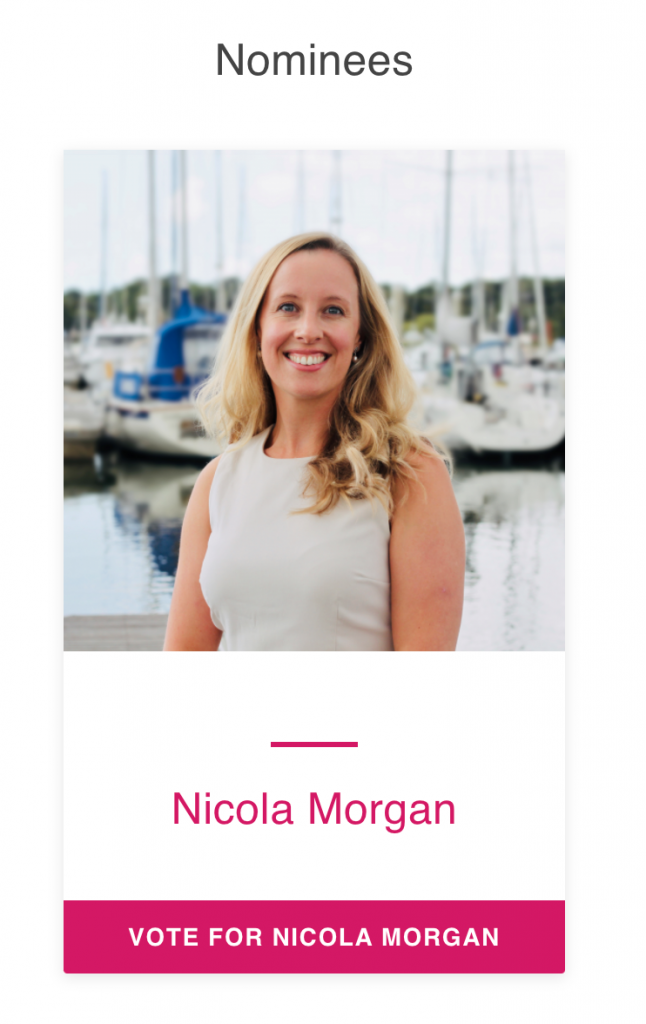Caribbean Season Vs Med Season: What’s The Difference?
Wilsonhalligan discusses the difference between the two main yachting seasons and provide tips on what to expect during the Caribbean season, including how to remain safe in your downtime and how provisioning works in more secluded areas.

As the Caribbean season begins, many yachts will start making their way across the Atlantic. Wilsonhalligan recruits all year round for both the Mediterranean season (May-October) and the Caribbean season (November-April) – so this time of year is busy. For many yachties, the Caribbean season is something they look forward to, but what are the differences between the Med and Caribbean seasons, and what can yacht crew expect when they get there?
More Time At Anchor
Caribbean islands are picturesque and varied, so there’s no shortage of exciting itinerary locations. The ‘milk run’ between Monaco and St Tropez can often be a pleasant change; however, there are fewer ports with berths for larger yachts, so you may spend much more time at anchor than you would in the Mediterranean.
A Busy Festive Period
Yachts are often quieter during the Caribbean season, with the busiest charter period being over Christmas and New Year. This means yacht crew can expect to be super busy over the festive period, with little chance of time at home with your own family and friends during the holiday period.
More Water-sports And Beach Setups
Deck crew will likely be busy with lots of water sports activities when their guests are onboard. The guests are usually keen to take full advantage of the Caribbean’s warmer waters, utilising all of the toys the yacht has to offer as well as some of the world’s most stunning dive sites. Crew are likely to spend time on the beach, but mostly for setting up Beach set ups for guests. These often consist of a fun day for children or maybe a romantic dinner for the owner in a private bay.
Provisioning Differences
Chefs may find provisioning slightly trickier in the Caribbean than they’ve experienced in the Med. On the larger islands of Antigua and St Maarten, it’s easier to have regular deliveries flown in from the US and Europe. When crossing from the Med, it’s definitely worth being well prepared and having specific European luxuries in good stock onboard. Visiting the local markets however is a great experience if chef’s are able. An abundance of tropical fruit can be found and the fresh fish and lobster caught every morning by local fisherman is unbeatable.
Read More: Full Schedule Of Events For The 2022 Antigua Charter Show
More Dinners On Board
As there isn’t a huge choice of restaurant, interior crew may find that guests spend more time dining on board, many preferring to be at anchor and enjoy their vessel. On the bright side, this means interior crew are able to get creative with their table decorations, or collaborate with the chef to create an unforgettable dinner on a secluded beach.
Caribbean Work Hours
Although the sun is usually shining and the weather is warm, there are frequent rain showers and squalls so deck crew should prepare to be out chamois-ing and likely will spend a lot of time covering and uncovering cushions. In order to avoid the hottest part of the day, many yachts tend to finish earlier or maybe take a longer lunch break, unlike the usual working hours of 08:00 – 17:00 of the Med.
Staying safe
Yacht crew are able to catch up and unwind with friends on other yachts on the islands of Antigua and St Maarten, as these are considered to be the main yachting hubs, where yachts head between guest trips and charters. The warm and welcoming nature of the Caribbean people are what sets the islands apart from other destinations. Although Caribbean locals have an easy-going and friendly nature, it is important to remember that like in other locations, some of the ports and islands can be dangerous for crew. Crew should maintain awareness of their surroundings, avoid carrying excess amounts of money or showing off expensive possessions and jewellery. It’s important to take care of fellow crew members and ensure you all return safely to your yacht after a night out.

